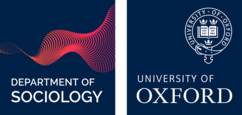Alumni Spotlight: Meet expert on LGBT+ research Yiu-tung Suen
What do you currently do?
I am Associate Professor of Gender Studies, and of Public Health and Primary Care (by courtesy), at the Chinese University of Hong Kong. My research focuses on the impact of sexual orientation and gender identity-related laws and policies (and the lack thereof) on the lives of LGBT+ people themselves, the organisations they work in, as well as the societies they live in.
I founded and currently direct the Sexualities Research Programme, the first and foremost research programme in Hong Kong dedicated to studying LGBT+ related laws and social policies.
My research seeks to provide a paradigm shift for debates on sexual orientation- and gender identity-related laws and policies – from being based on assumptions and perspectives informed by taken-for-granted socio-political and cultural norms and anecdotes, to being based on solid quantitative and qualitative empirical evidence.
Combining research with contributions to society, I have been a consultant and written reports for the United Nations Development Programme (UNDP) and the International Labour Organization (ILO), and have also advised the Asian Development Bank (ADB).
Locally, I led the largest-scale research in Hong Kong Equal Opportunities Commission’s history of commissioned research. I am Adviser and former Vice-Chairperson of AIDS Concern Hong Kong, the first and longest-running non-governmental organisation working on HIV/AIDS issues in Hong Kong, in addition to giving advice to organisations from numerous sectors informally.
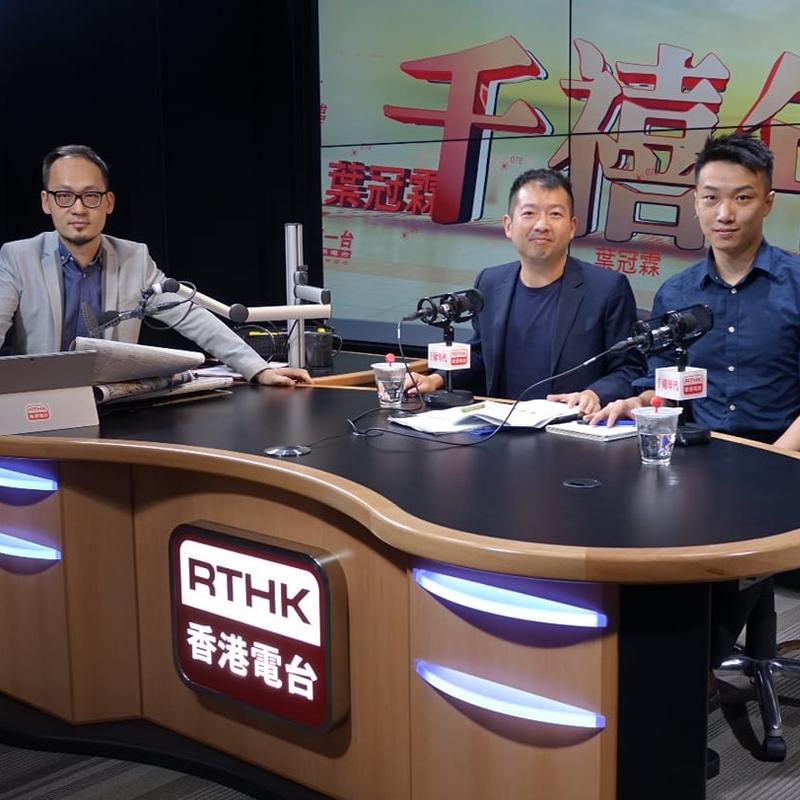
Yiu-tung Suen speaks live on Radio Television Hong Kong about a court decision regarding recognition of same-sex relationship for immigration purposes
What did you research as a student?
My research while at Oxford focused on the doubly minoritising experiences of ageing and non-heterosexuality, through life story interviews with older gay men in the UK.
The men I interviewed grew up in a historical period in which their non-heterosexuality was criminalised by law. In later life, ageism from the wider society and within the gay community meant that they were subjected to different layers of cultural and social marginalisation.
I was particularly concerned about the later-life concerns they had and also the implications for service needs, such as entering care homes as well as bereavement support as they themselves and their partner entered old age.
I was very lucky to have benefited from the support of the Oxford Institute of Population Ageing which planted in me a clear devotion to bring about research-based social impact.
While I was studying my DPhil, I also worked part-time as a care home consultant for Age UK Oxfordshire, the local chapter of the largest organisation working with and for older people in the UK, on a project to promote diversity and inclusion for older LGBT+ people in care homes. I designed and delivered training on LGBT+ inclusion to care home management and staff in a number of care homes across Oxfordshire.
What inspired you to found the Sexualities Research Programme in Hong Kong?
Sexual orientation- and gender identity-related laws and social policies are rapidly developing across the globe and being subjected to heated debate. The development is also highly uneven – where some 30 jurisdictions have legally recognised same-sex marriage, same-sex sexual acts are considered a criminal offence in more than 60 countries.
Debates around the world as well as in Asia about sexual orientation- and gender identity-related laws and social policies, such as legislation against discrimination on the grounds of sexual orientation and gender identity, same-sex marriage, and legal gender recognition, are often highly emotive. When opposing positions emerge in these debates, there is a tendency for each side to rely on assumptions and perspectives informed by taken-for-granted socio-political and cultural norms, rather than empirical evidence.
Trained as a sociologist, I am keen to provide empirical evidence as well as theoretical insights for informed policymaking and legal development for sexual orientation- and gender identity-related laws and social policies.
The Sexualities Research Programme is the first and foremost research programme in Hong Kong dedicated to studying LGBT+ related laws and social policies; I set it up with a vision of intervening in LGBT+ related debates with social scientific research.
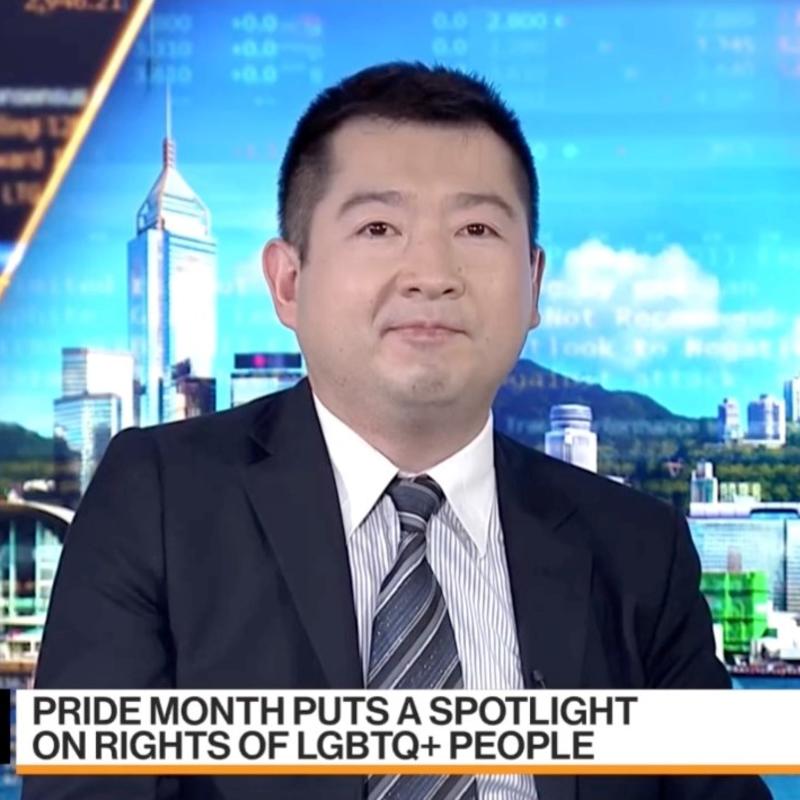
Yiu-tung Suen interviewed live on Bloomberg TV on business involvement in LGBT+ inclusion
What is your greatest achievement?
I guess my greatest achievement is being able to inspire organisations and people from diverse walks of life to consider why diversity and inclusion matters and how to make themselves more LGBT+ friendly.
I have been working with a variety of sectors as diverse as business, law, hospitality, fashion and more. My research has been cited at legislative debates and also court cases. Moreover, I have been interviewed by international media outlets such as the BBC, Bloomberg, Financial Times, New York Times, Reuters, and Washington Post for my research. The social impact of my research is what I am proudest of.
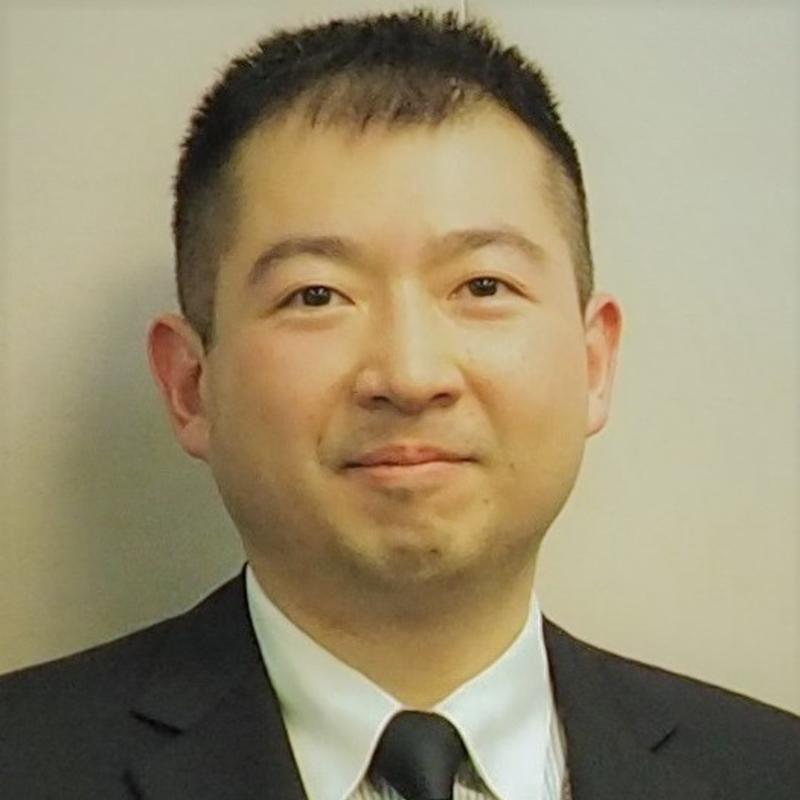
What inspired you to study Sociology?
Sociology emphasises the debunking of taken-for-granted social phenomenon through reasoning with empirical evidence. For me, sociology is particularly powerful in intervening in social debates that are controversial and emotive, and provides perspectives and solutions that are evidence-based.
What attracted you to the department in Oxford?
Sociology at Oxford hosts a diverse group of academics working on theoretical and empirical research of real-world significance. In addition to contributing to academic debates, many members of the department serve on advisory boards of different committees and continue to provide socially impactful research.
What attracted me to the course and the department in Oxford was to learn not only the ways in which academics contribute to the academic community, but also the ways in which they serve as thought-leaders on social issues.
What lessons did you learn from your time at Oxford?
Studying Sociology at Oxford equipped me with the academic skills, but more importantly, the vision, devotion and confidence to take up the challenge of intervening in controversial social debates through concrete and solid empirical research. This time at Oxford was crucial and life-changing for me and shaped my outlook on life and work.
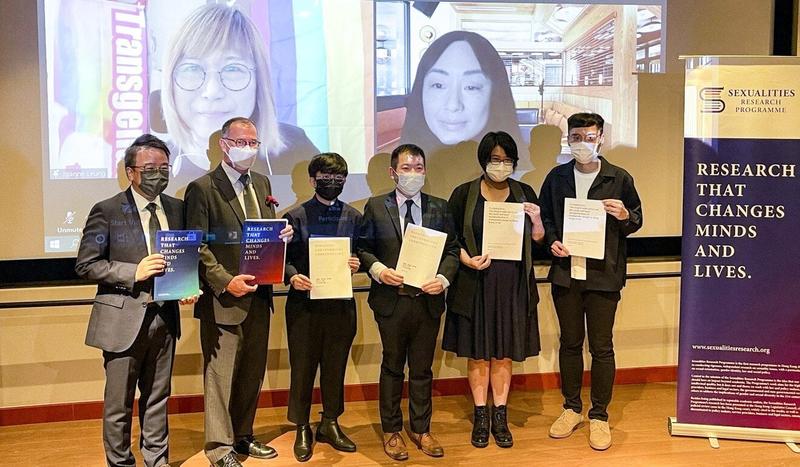
Yiu-tung Suen launches the largest-scale study into transgender people's lives in Hong Kong
What is your favourite memory of Oxford?
The many, many lectures, forums and seminars on almost every single topic possible with inspiring speakers from all parts of the world!
What piece of advice would you give to current students?
Two quotes!
‘A map of the world that does not include Utopia is not worth even glancing at’ (Oscar Wilde)
‘When you want something, the whole universe conspires in order for you to achieve it’ (Paulo Coelho)
What's your favourite film?
Billy Elliot – a brilliant movie about adversity, dreams and perseverance, in addition to class and gender and sexuality.
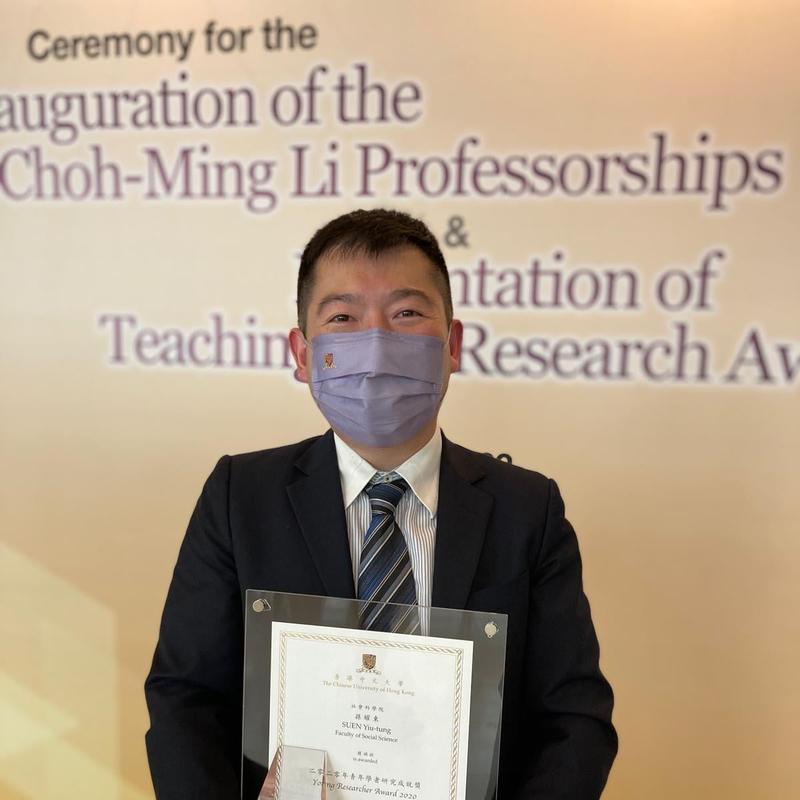
Yiu-tung Suen is awarded the Young Researcher Award by the Chinese University of Hong Kong in January 2022
How do you keep motivated?
My research is driven by the rather simple (and perhaps even naïve?) belief that social scientific research can help to contribute to progress towards a better world!
What's next in your career journey?
I aspire to continue to conduct research that changes minds and lives – which is the motto of the Sexualities Research Programme that I founded.
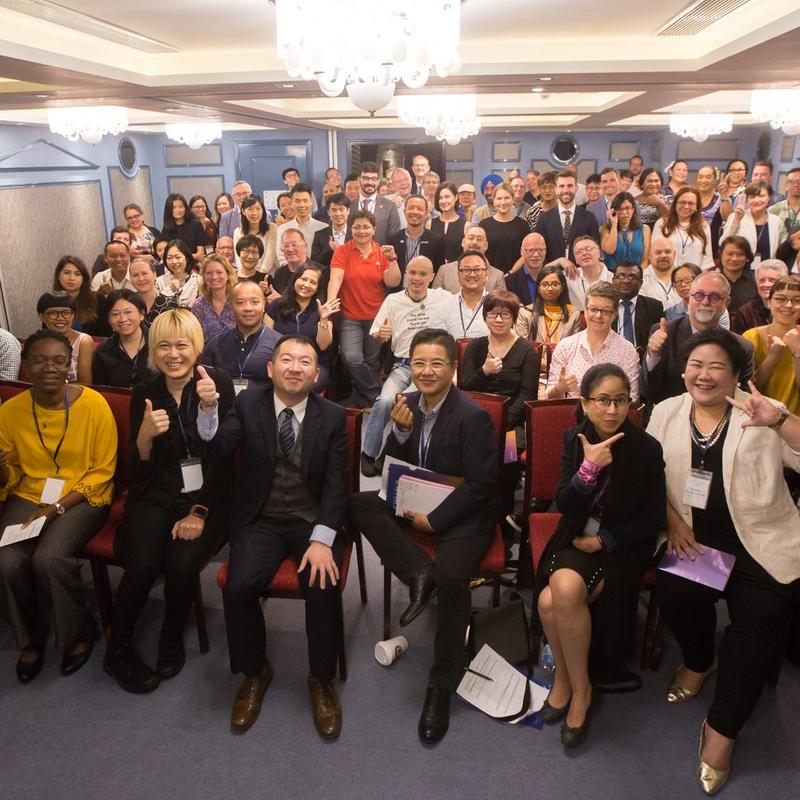
Yiu-tung Suen organises an international conference with the United Nations Development Programme on the importance of data collection for LGBT+ inclusion
